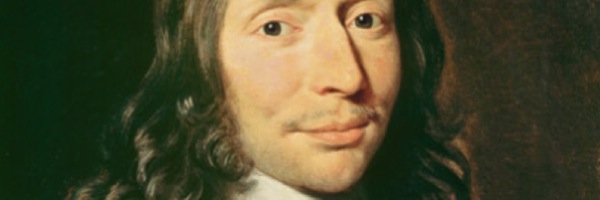Phaedrus, ca. 1st c. A.D. (Google Books, 1654)

When in Nîmes in August 1664, Lister recorded reading: ‘Phedris. Fabula per M. Port-Royal’.
He was referring to Phaedri fabulae, et P. Syri mimi, the text and translation of the Fables of the Augustan poet Phaedrus (15 B.C.-50 A.D.) which was prepared for the Jansenist school of Port Royal by Louis-Isaac Lemaistre de Sacy (1613–1684). De Sacy, a priest, theologian and humanist, prepared his edition of the fables in 1647, and he also wrote the Port Royal version of the Bible.
Phaedrus was the source of the modern Aesop’s Fables, and in the first century, Phaedrus prepared an edition in Latin verse form. Phaedrus’ work included fables invented by him as well as traditional stories, written in a popular and graceful manner. Humanist Pierre Pithou’s rediscovery of a manuscript of Phaedrus’s work in 1596 and the subsequent publication of an edition in 1599 galvanized interest in the fables 1. De Saci’s 1647 version in French emphasised the use of the fables in Christian moral teaching, adding moral tags and titles. 2
Lister would later donate a 1689 edition of this work to Oxford.
